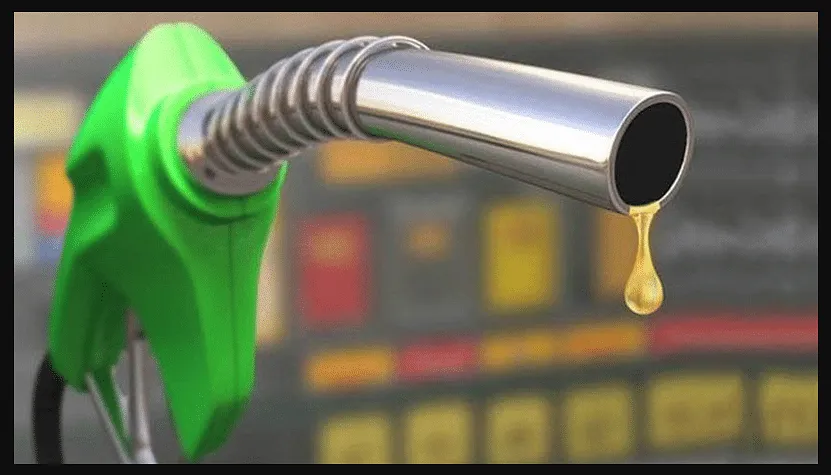Chennai, Jan 21: A comprehensive policy on the components for Electric Vehicles (EV), inclusion of commercial vehicles for incentives, clarity on the Goods and Services Tax (GST) on spare parts and consistency on the policy front, are the expectations of industry players from the forthcoming Interim Budget for transition from petrol/diesel vehicles to EVs.
“The Union Government needs to formulate a comprehensive policy on EV parts, ensuring transparency and establishing a level playing field within the industry. Additionally, the inclusion of commercial vehicles in EV incentives is pivotal for fostering widespread growth and aligning with our shared vision of a sustainable future,” Ayush Lohia, CEO, Lohia Auto Industries Ltd told IANS.
While the five per cent GST on EVs is progressive, the lack of clarity on spare parts, burdened with a 28 per cent/18 per cent GST, poses a significant challenge, he added.
Pointing out the traction gained by the EV industry at the market place HS Bhatia, Managing Director, Kelwon Electronics & Appliances Pvt Ltd, Manufacturing & Marketing Partner, DAEWOO India is of the view that there should be consistency in the government policy towards the EV industry.
“Forecasts indicate a significant surge in the adoption of EVs, with more than 50 per cent of two-wheelers and about 30 per cent of cars expected to transition to electric by 2030. While this organic growth is promising, what the industry needs is consistency in government policies which would provide manufacturers with the stability required for long-term investments, and give consumers the confidence to embrace EVs. Focusing on policy consistency will also help the stakeholders to plan their business strategies effectively,” Bhatia told IANS.
Regulatory measures like emissions standards and fuel efficiency norms can push automakers to prioritise electric options. By combining financial incentives, infrastructure development, awareness campaigns, and regulatory support, the government can foster a favourable environment for widespread electric mobility adoption in India, Lohia remarked.
As to the key trends to be expected in 2024, Lohia said expect a surge in Artificial Intelligence (AI) and Internet of Things (IoT) integration for personalised commute monitoring; an emphasis on robust charging infrastructure expansion; a shift towards non-Lithium-Ion battery technologies; the rise of smart charging technologies for informed energy consumption, and the emergence of Electric Mobility as a Service (eMaaS) for on-demand sustainable transport.
On his part, Bhatia said there will be increased availability of EVs from various manufacturers and advancements in battery technology leading to improved energy density, longer range and faster-charging capabilities and collaborations between automotive manufacturers and technology companies are likely to accelerate innovation.
However, apart from the availability of EV battery charging infrastructure across the country and affordability, the availability of a skilled workforce is a major challenge for the industry players.
“Industry players expect the budget to address this by introducing initiatives for skill development and training programs to meet the evolving demands of the electric mobility industry,” Bhatia remarked.
Overall, India is making significant strides, and with continued support and infrastructure development, the country is poised for widespread EV adoption, Lohia remarked.






